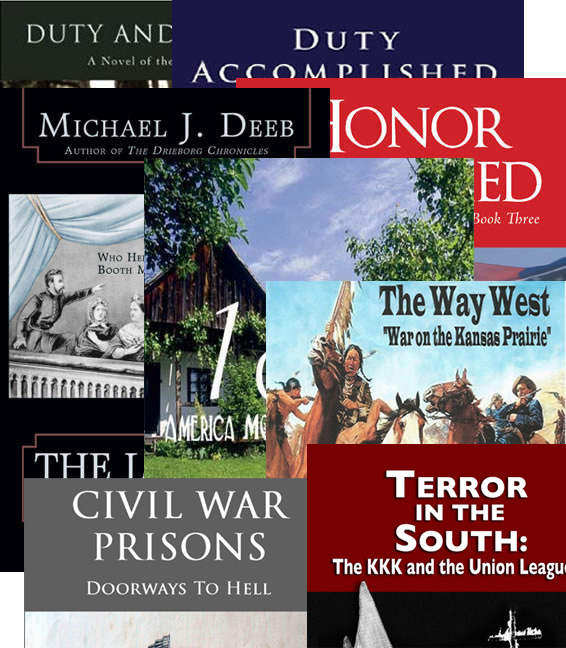The Secession Spring: Did a Tariff Cause the Outbreak of War?
In March of 1861, the federal tariff again became part of the national discussion. From the earliest days of the Union, Jefferson’s Democratic-Republican Party had support a revenue tariff only. On the other hand, Hamilton’s Federalist Party, later the Whigs, later the Republicans, supported a protective tariff.
In the late 1820s, a very high protective tariff was passed into law to embarrass President John Quincy Adams. In opposition, the state of South Carolina threatened not to enforce the new tariff, and possibly secede instead. This ‘Nullification’ issue as it was called was settled by a Congressional compromise. So, by 1846, a tariff structure satisfactory to both the industrial North and the agricultural South was in place. In 1857, despite a recession in the North, representatives of the new Republican Party along with Northern & Southern Democrats in the Congress agreed to lower tariffs in response to a treasury surplus and a desire to stimulate trade.
In 1860, Republican congressmen and a few Northern Democrats supported the idea of higher tariffs to protect various industries in the North, particularly steel in Pennsylvania and the textile industry of New England.
The emergence of the Republican Party in the North saw increased pressure to pass a protective across the board, (for all imported goods). During the 36th Congress (May 1860), the Republican majority in the House of Representatives passed a sharply increased tariff called, the Morill Tariff. This bill was pass on May 10, 1860 by a vote of 105 – 64. the vote largely followed sectional lines.
The bill was sent to the Senate where it was bottled up in the Democrat controlled Finance Committee. Later, the votes to stop the implementation of the Morrill Tariff were lost after 14 Senators from the Deep South who opposed the measure, left the Senate when their states seceded from the Union.
As soon as the Morill Tariff was passed it was sent to President Buchanan. He signed it into law on March 5, 1861 the day before Lincoln took the oath of office. On March 11, 1861 the Confederate Congress responded with a revenue tariff bill instituting which was a much lower tariff system for the Confederate States of America.
The scene was set for a tariff war. How did this effect efforts for peace?


 A Great Read! I couldn’t put this book down once I got started. The detail was great and I really like the main character, Michael. Knowing that so much research went into this book made it exciting to read!
A Great Read! I couldn’t put this book down once I got started. The detail was great and I really like the main character, Michael. Knowing that so much research went into this book made it exciting to read!